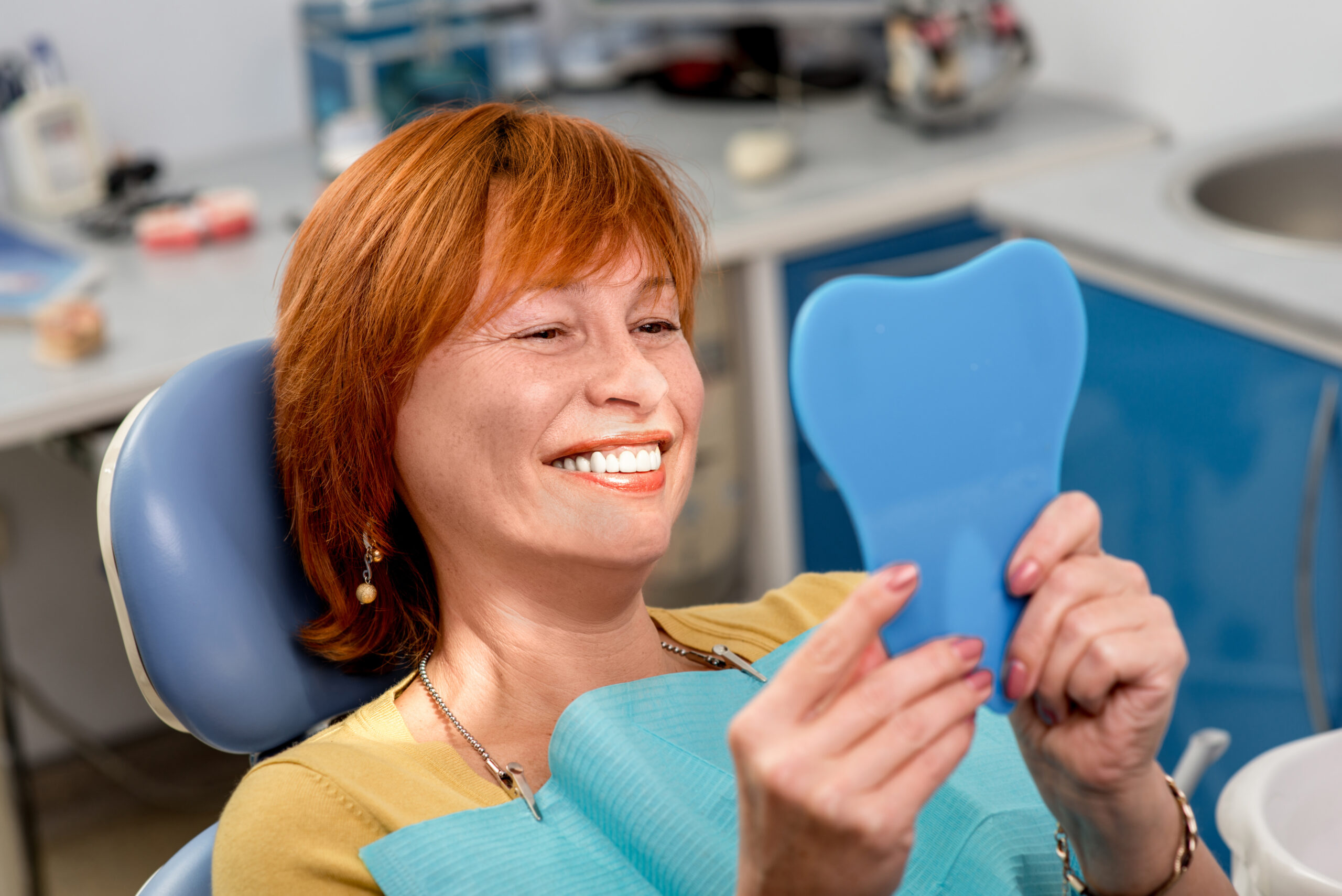If you’ve recently gotten new dental implants, you’re certainly not alone. Three million people currently have dental implants, and that number is growing by 500,000 a year. However, not everyone knows right away how to care for their new dental implants the right way, and improper care and maintenance can cause a variety of dental issues. Use these tips to improve your dental care and properly maintain your implants.
Focus On Flossing
When you have new implants, your gum health is more important than ever. This is because your gums tend to act as anchors for your implants, though how much this is the case will depend on what implant you have and what teeth it’s replacing. Remember to floss frequently, but be gentle to avoid damaging the gums. Preventing gum disease will help you keep your implants in the best condition possible.
Be Aware Of Brushing
Brushing is just as important, if not more so, after you receive your dental implant. Dental disease has the potential to affect all parts of the mouth, not just specific teeth, so keeping all your teeth as healthy as possible can make a huge difference. Aim to brush twice a day or even more often if your teeth particularly need cleaning. Focus on your brushing technique as well to keep your teeth as clean as possible.
Try Out New Toothpaste
Not all toothpastes and dental care products are created equal. Some toothpastes can potentially damage your dental implants if you’re not careful; these toothpastes are formulated for natural teeth and may contain abrasives or ingredients that could damage your replacement teeth. Double check your choice of toothpaste before brushing, and consider purchasing a new toothpaste if you’re unsure.
Depend On Your Dentist
If you’re concerned about a particular issue involving your dental implants, visit your dentist as soon as possible. Your local Trusted Dentistry experts will be able to give you the advice and care you need to keep your dental implants in the best shape possible.
Properly caring for your dental implants can help improve your overall dental care. For more information, contact your dentist and ask about care requirements for your specific type of teeth replacements.




